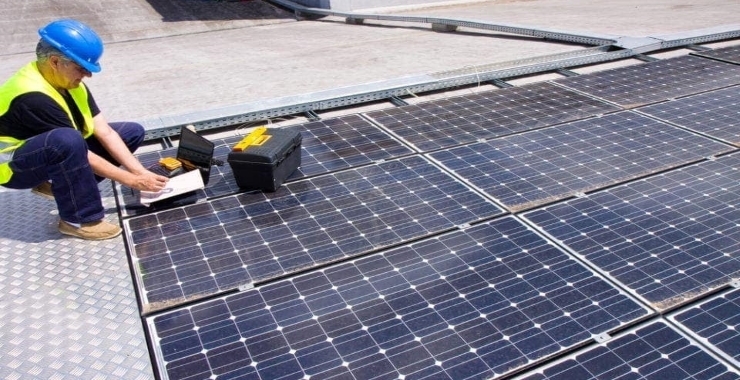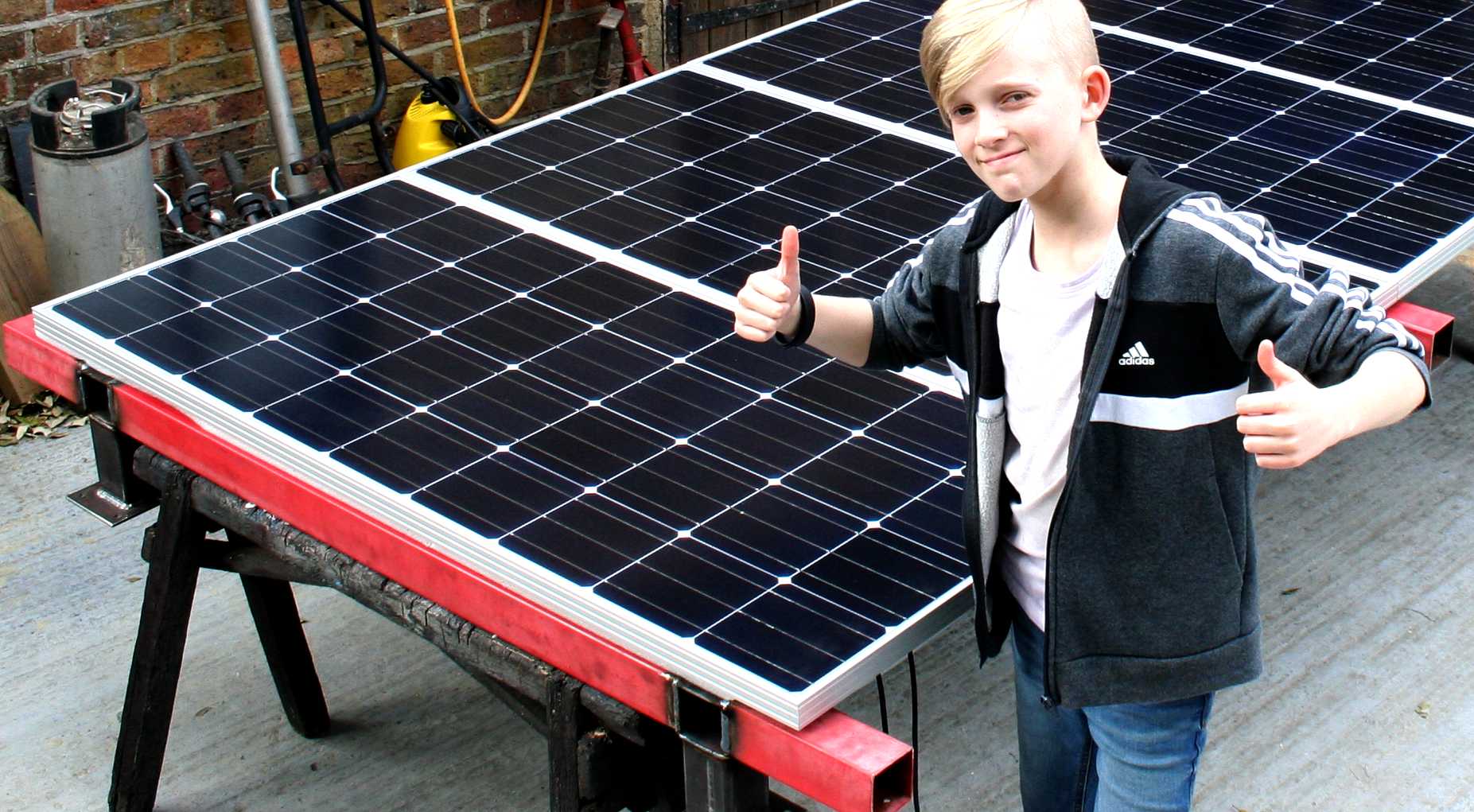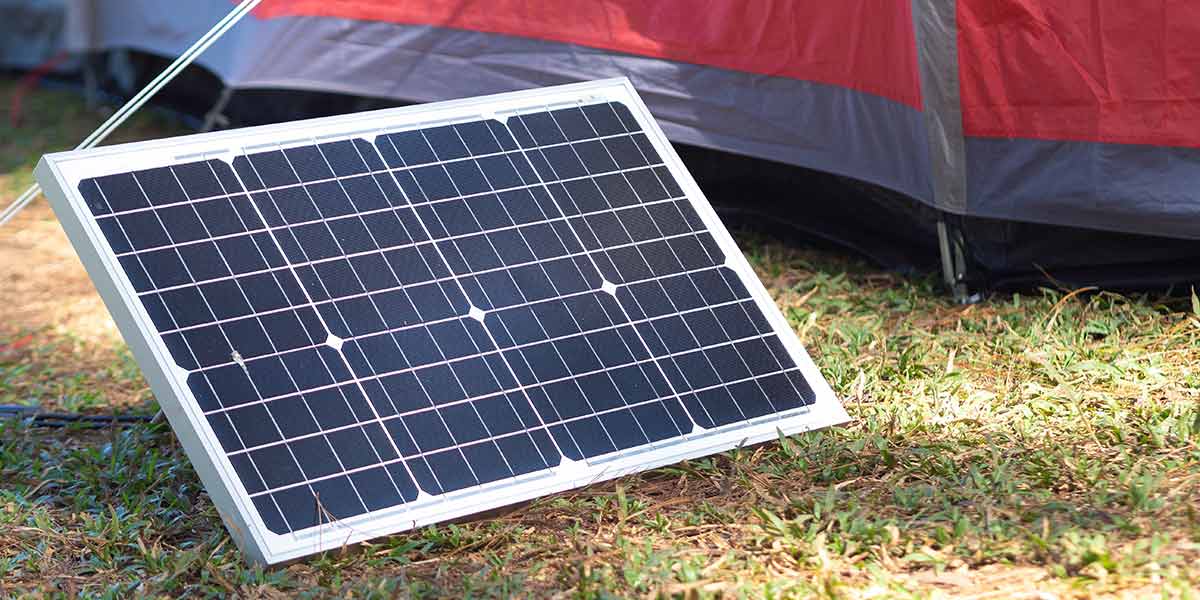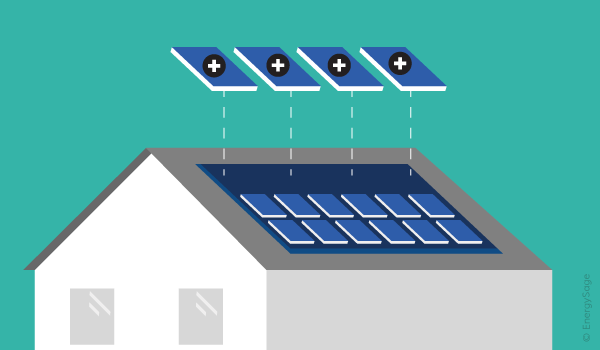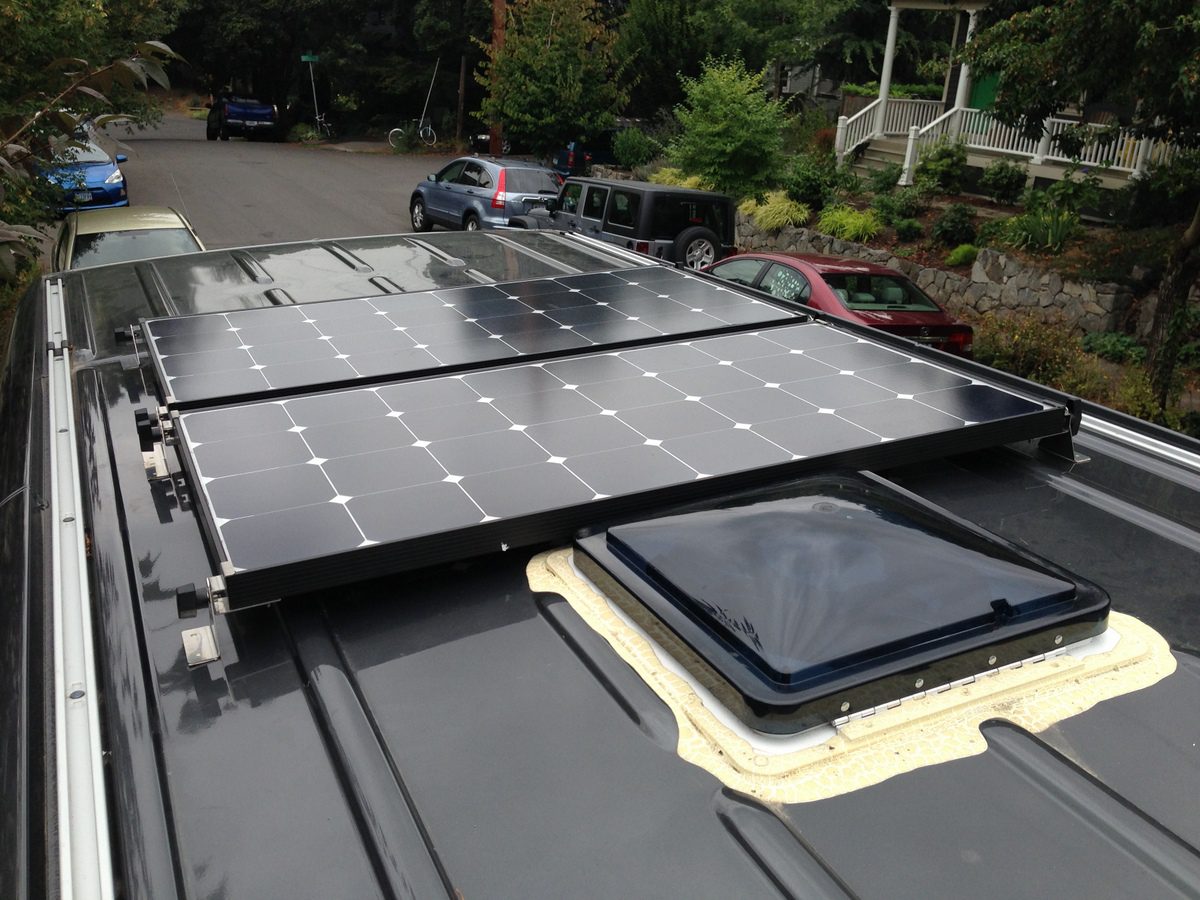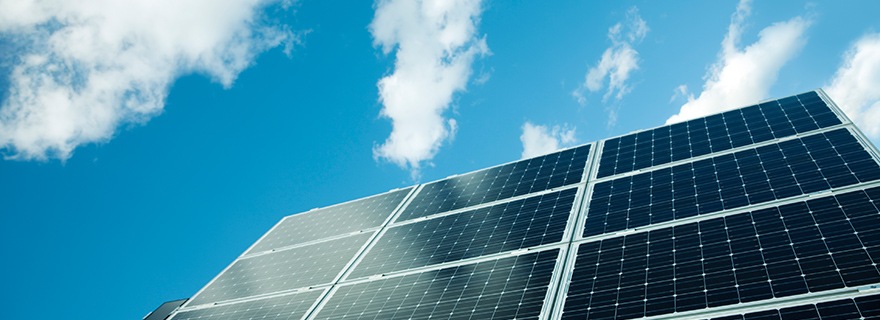The standard solar panel has an input rate of around 1000 watts per square meter and the majority of solar panels available have around 15 20.
Existing solar panels watts per square meter.
When the sun is highest in the sky it shines down with an average intensity of 1 000 watts or 1 kilowatt or kw per square meter.
The standard solar panel has an input rate of around 1000 watts per square meter however therefore if your solar panel was 1 square meter in size then it would likely only therefore if your solar panel was 1 square meter in size then it would likely only.
In the same way you can feel the difference in the sun s intensity special instruments can measure the amount of energy the sun is shining down in watts per square meter.
The photovoltaic pv solar panels are used in residential installations come in varying wattages from 150 watts to 370 watts per panel.
The power generation capacity of a solar panel is given in watts.
The solar panel with the highest watt is the sunpower e series a commercial solar panel line.
The si unit of irradiance is watt per square metre w m 2 which may also be written wm 2.
Therefore if your solar panel was 1 square meter in size then it would likely only produce around 150 200w in good sunlight.
Standard test conditions for solar panel wattage would mean your solar panel is operating at 77 degrees fahrenheit while there are 1000 watts of sunlight per square meter hitting the panel.
Solar panels usually range in wattage output from around 250 watts to 400 watts but some panels exceed the 400 watt mark.
The relation to the si unit is thus.
So under these ideal conditions a 250 watt solar panel will produce 250 watts of electricity.
You calculate the power supplied or calculate a solar energy system output from the panel to the battery using its watts peak and exposure.
The solar energy industry uses watt hour per square metre wh m 2 per unit time citation needed.
In other words a solar panel s power rating measures how much electricity an individual solar panel will produce under ideal operating conditions.
An alternative unit of measure is the langley 1 thermochemical calorie per square centimeter or 41 840 j m 2 per unit time.





